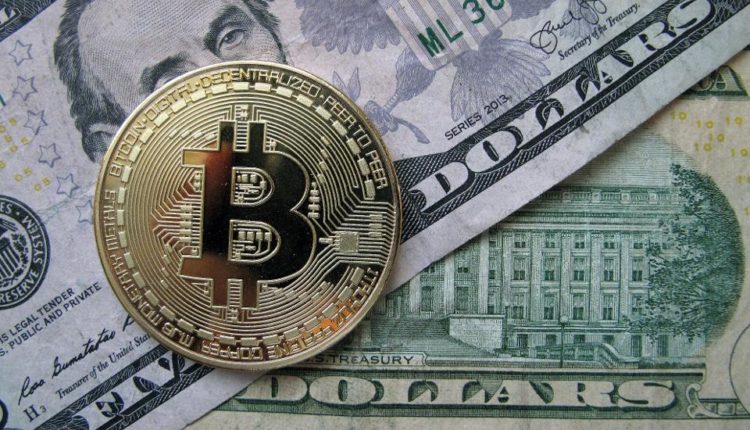Coronavirus stimulus offered by house financial services committee creates new digital dollar
As the markets continue to drop and the U.S. looks to Congress for agreement on a massive stimulus package to save the economy from impacts of the coronavirus pandemic, the newest offer by House Democrats includes a very forward-looking kind of stimulus: the creation of a ‘digital dollar’ and the establishment of ‘digital dollar wallets.’
In what will send shock waves through the cryptocurrency and blockchain industry, particularly for those following central bank digital currencies around the world, this signals the U.S. is serious in establishing infrastructure for a central bank digital currency.
Both Speaker Pelosi’s ‘Take Responsibility for Workers and Families Act’ and the ‘Financial Protections and Assistance for America’s Consumers, States, Businesses, and Vulnerable Populations Act (H.R. 6321),’ introduced by Chairwoman Maxine Waters of Financial Services Committee, introduced these concepts today as a way of delivering the economic stimulus payments to U.S. citizens.
The bill establishes a digital dollar, which it defines as ‘a balance expressed as a dollar value consisting of digital ledger entries that are recorded as liabilities in the accounts of any Federal Reserve Bank or an electronic unit of value, redeemable by an eligible financial institution (as determined by the Board of Governors of the Federal Reserve System).
Additionally, a digital dollar wallet is identified as ‘a digital wallet or account, maintained by a Federal reserve bank on behalf of any person, that represents holdings in an electronic device or service that is used to store digital dollars that may be tied to digital or physical identity.’
A mandate also requires all ‘member banks’ to establish a ‘pass-through digital dollar wallet’ to all customers eligible for the stimulus. Member banks include those banks that are ‘members’ of the Federal Reserve and regulated by the Fed.
Additionally, ‘Non-Member’ state banks – those that not members of the Federal Reserve and regulated by the FDIC – could opt-in to offer pass-through digital dollar wallets as well.
The Federal Reserve banks themselves would also make available a digital dollar wallet to any U.S. person eligible for the payments as well. Additionally, the U.S. Postal Service would aim to help unbanked individuals and/or those without proper ID to establish their identity be provided a digital dollar account and would set up ATMs for customers to access their funds.
Public Interest Groups Weigh In
Daniel Gorfine, founder of fintech advisory firm Gattaca Horizons and former chief innovation officer at CFTC, as well as a founding director of the Digital Dollar Project, stated to Forbes, ‘It is worth exploring, testing, and piloting a true USD CBDC and broader digital infrastructure in order to improve our future capabilities and resiliency, but it is also important that this effort not delay the government from deploying critical emergency funds using existing channels during this crisis.
While the crisis underscores the importance of upgrading our financial infrastructure, broadly implementing a CBDC will require time and thoughtful coordination between the government and private sector stakeholders.’
Carmelle Cadet, Founder, and CEO of EMTECH, a modern central bank technology, and services company, is a technology provider in the world’s first live retail CBDC with the Central Bank of Bahamas called the Sand Dollar. She has recently started a new initiative in the U.S. called ‘Project New Dawn’ to ensure the unbanked and underbanked receive economic stimulus payments.
Pointing to an FDIC report in 2017 that identified 63 million people that are unbanked and underbanked in the U.S., she notes, ‘If checks are the form of payment, the stimulus is not going to reach many of them. That would be approximately $100B underutilized of stimulus for lower-income householders.’



